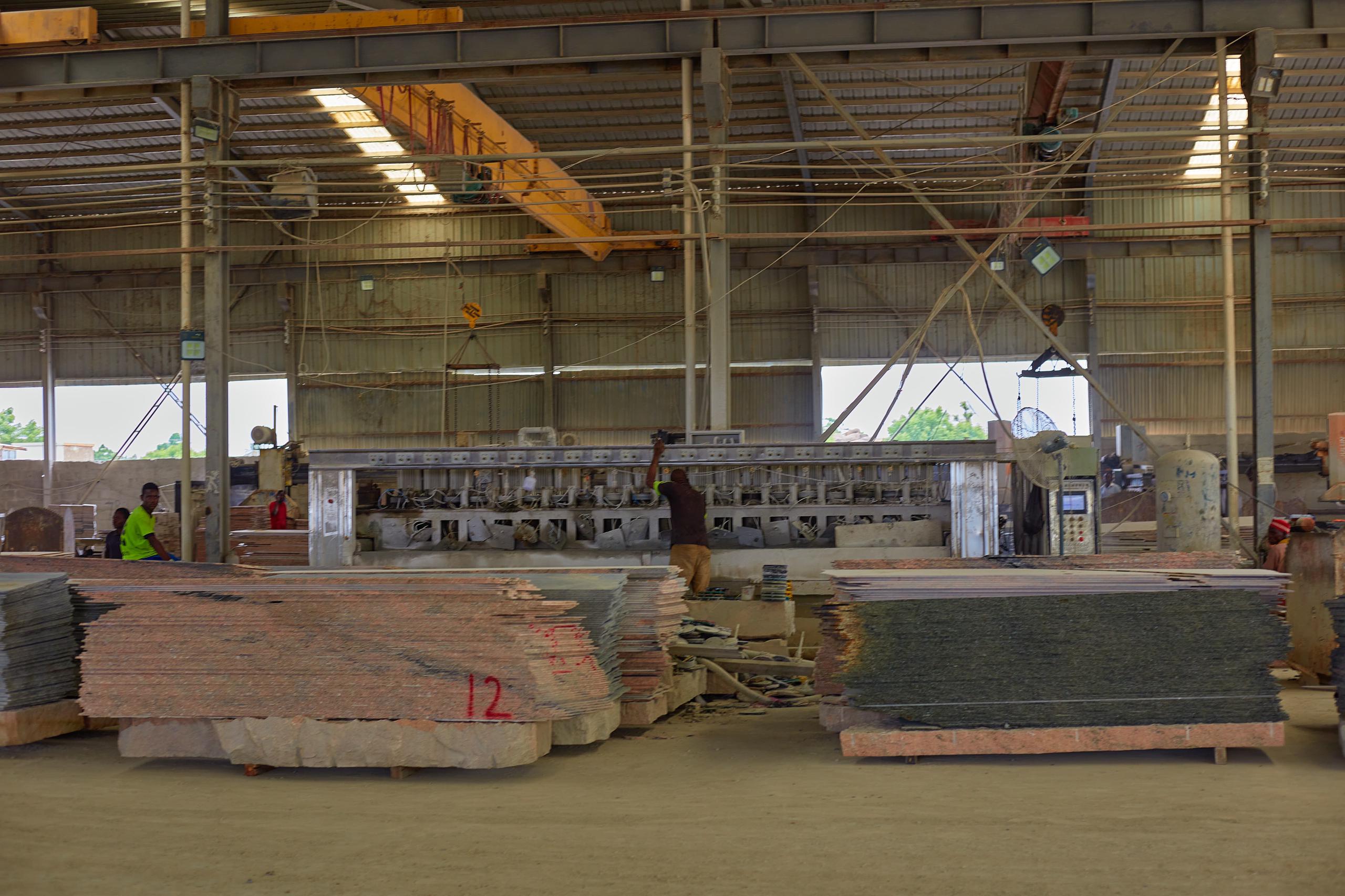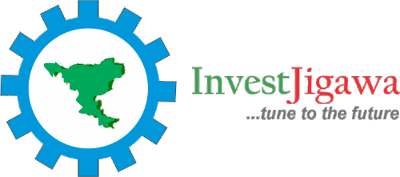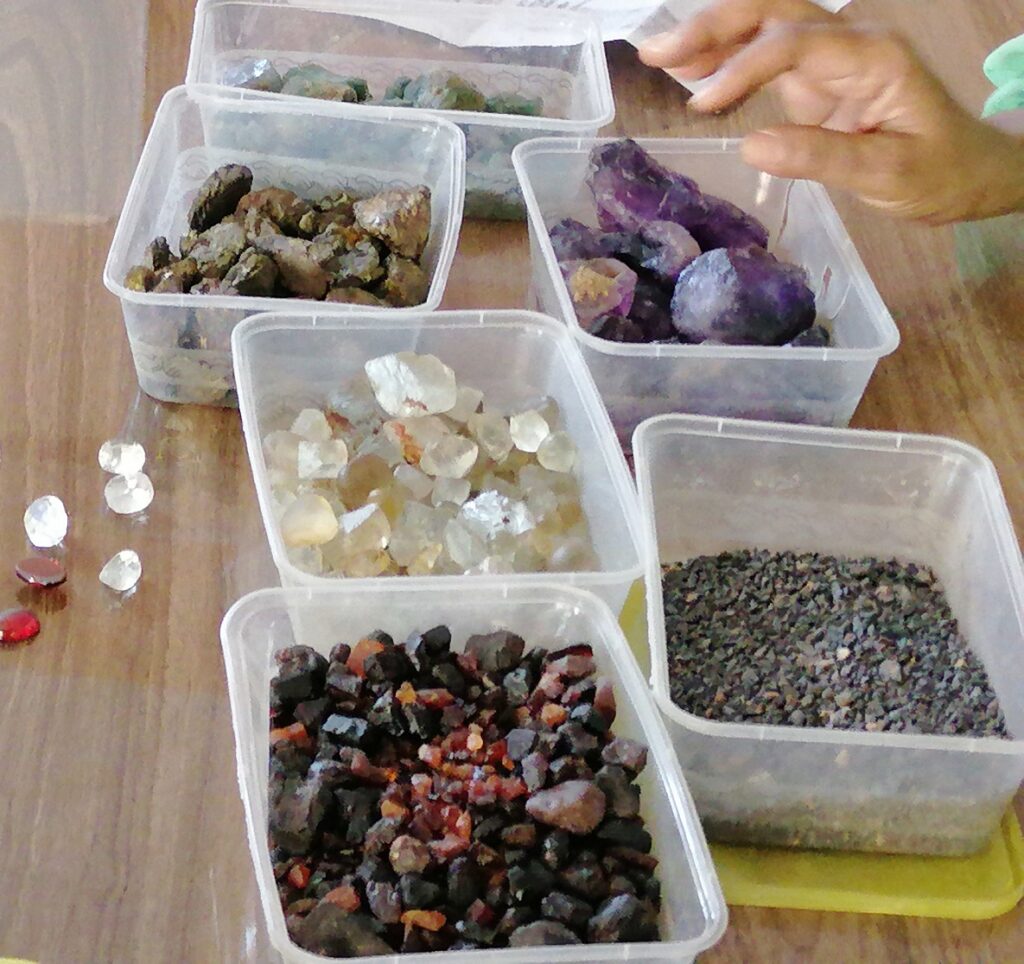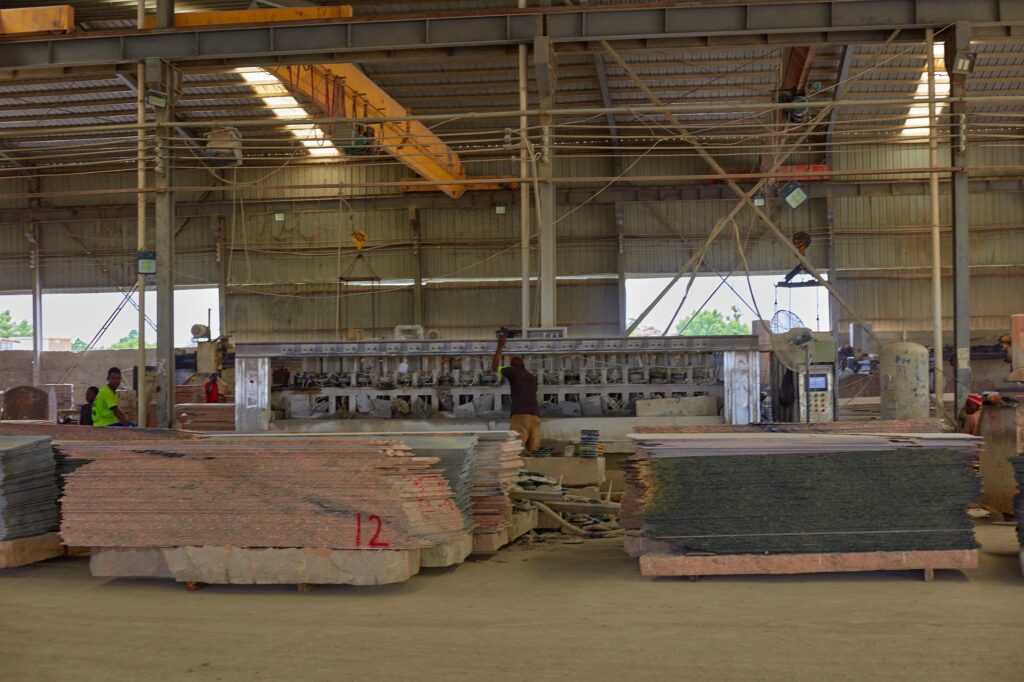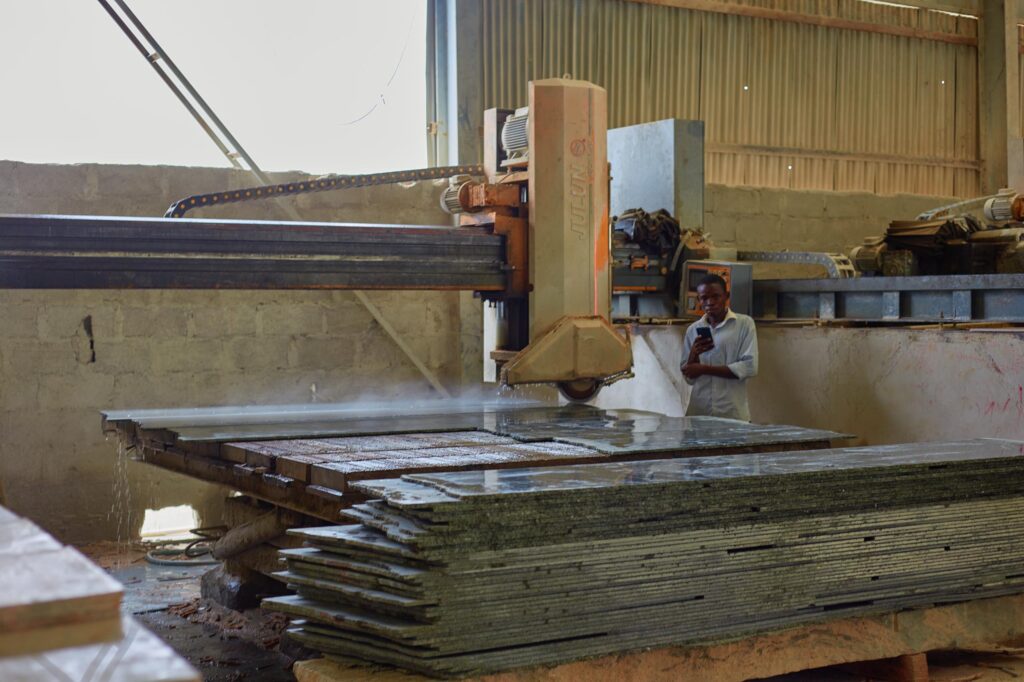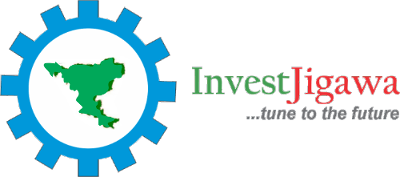Introduction
Jigawa State boasts deposits of over ten different types of solid minerals in commercial quantities, spread across the Chad Formation and Basement Complex geological formations. These include granite, kaolin, soda ash (trona), limestone, quartz, tin, columbite, and iron ore. Despite the state’s rich mineral deposits, the solid minerals sector remains underexploited, contributing only 0.48% to Jigawa’s GDP as of 2020. However, this sector holds significant promise for growth, especially with the federal government’s focus on diversifying the economy away from crude oil. These minerals hold significant economic potential and growing demand from both domestic industries and export markets, due to their applications in construction, ceramics, and the pharmaceutical industry among others. The state’s mineral resources remain largely untapped, with only small-scale mining operations currently active. This provides a significant opportunity for large-scale mining operations.
Sector Overview
The state’s mining sector, though currently underexploited, has shown promising growth, with contributions to the GDP rising. Despite initial fluctuations, recent data indicates a recovery, with growth rates peaking at 803.37% in 2017 and stabilizing around 54.13% in 2020 (from approximately ₦3.19 billion in 2018 to over ₦10.8 billion by 2020), reflecting an increasing interest in mineral exploration and extraction. The government’s commitment to facilitating private sector investments, along with regulatory reforms and mapping of mineral resources, positions Jigawa as an attractive destination for investors in the solid minerals sector. With an estimated over 20 million tonnes of soda ash reserves, and substantial deposits of granite suitable for tile production, Jigawa presents significant opportunities for mining and industrial development. The Jigawa State government actively seeks partnerships with private investors to lease mining licenses and promote exploration activities. The state’s strategic location, coupled with an ongoing emphasis on infrastructure development, makes it poised for growth in the solid minerals sector, encouraging both local and foreign investments aimed at harnessing these valuable resources for economic diversification and export growth.
Key Minerals and Reserves
- Granite: Jigawa’s granite deposits, particularly in Dutse, Birnin Kudu, and Gwaram, are highly sought after for tile production and construction materials. These deposits are estimated to cover several million tonnes, with potential for both local and international markets.
- Kaolin: The state has estimated reserves of 1.28 million tonnes of high-grade kaolin, primarily used in ceramics, paper production, and pharmaceuticals. Significant deposits are found in Dutse, Roni, Kazaure, and Gwaram LGAs.
- Soda Ash (Trona): Jigawa’s soda ash deposits are estimated at 20 million tonnes and are largely unexploited. This mineral is critical for industries such as textiles, soap production, and glass manufacturing.
- Iron Ore and Tin: Exploratory activities have revealed iron ore deposits in Gwaram and tin deposits in Sule Tankarkar LGAs. Jigawa has obtained licenses for further exploration of these minerals, presenting attractive opportunities for iron smelting and tin processing plants.
Investment Opportunities in Solid Minerals
- Granite quarrying: Investors can take advantage of Jigawa’s granite reserves for large-scale quarrying and tile manufacturing, especially given the high demand for construction materials in Nigeria.
- Kaolin processing: With large reserves of kaolin and rising global demand in industries like pharmaceuticals, ceramics, and plastics, this mineral presents significant export potential.
- Trona mining: Soda ash is in high demand across various industries. Investors can establish soda ash extraction and processing plants to meet local and international needs.
- Service companies: As mining activities increase, there will be opportunities for service companies in equipment leasing, infrastructure developmentand mining-related logistics.
Sector Performance
Between 2018 and 2020, the contribution of the solid minerals sector to Jigawa’s GDP rose from ₦3.19 billion to over ₦10.8 billion, marking a notable expansion. The sector experienced its highest year-on-year growth of 803.37% in 2017, as government policies began to attract private sector investments.
